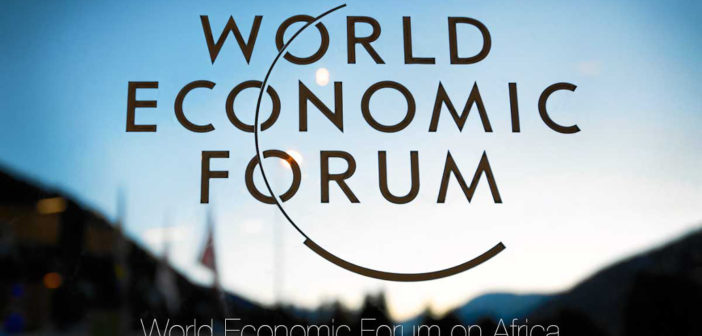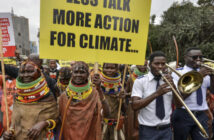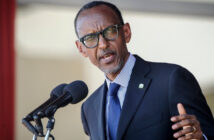The city of Durban in South Africa will host the the 27th World Economic Forum on Africa which kicks-off today. In spite of its recent economic and political brouhaha, South Africa remains a beacon of growth and development for the rest of the continent. It is still the only African member of the G-20 even though Nigeria is the biggest economy on the continent.
The 3-day World Economic Forum on Africa in Durban is expected to be graced by about 1,000 people from business, civil society and government from more than 100 countries. And with about 10 heads of state, including South Africa’s own embattled President Jacob Zuma.
The theme for this year’s forum is “Achieving Inclusive Growth,” a challenge for a continent with both a growing middle class and consumer culture and some of the poorest nations on the planet. Here are some of the issues that will come into focus at the forum
Famine.
This forum is coming at a time when some on the continent are battling with famine-specifically in South Sudan, Somalia and Northern Nigeria. Drought is responsible for the famine in Somalia but that cannot be said of South Sudan and Northern Nigeria, famine here was caused by conflict. Famine will be discussed in one of the sessions at the forum.
Governance and Conflict.
Growth and development is being hampered by poor governance and protracted conflicts. This area will be given critical appraisal at the forum by eminent individuals including American actor Forest Whitaker, a UNESCO special envoy for peace and the founder/CEO of the Whitaker Peace & Development Initiative, Vasu Gounden, the founder and executive director of the African Centre for the Constructive Resolution of Disputes and Donald Kaberuka, the former president of the African Development Bank and a special envoy at the African Union Peace Fund.
Employment And Skill Building.
Providing gainful employment for the 1.2 billion people who live on the continent lies at the core of Africa’s future development. unemployed youth has slowly decreased in sub-Saharan Africa since 2012, more than one-quarter of north African youth, those between the ages of 15 and 29, were without work in 2016, according to research by the International Labour Organization.
The unemployment outlook remains largely mixed across countries. In South Africa, for example, half of youth are unemployed, the highest on the continent. The unemployment rate in Nigeria is also alarming. Not only does unemployment remain problematic, but the poor quality of employment leaves too many living in “working poverty.” Roughly 65 million of Africa’s youth live in moderate to extreme poverty and earn less than $3 per day.
The issue of unemployment and low enrollment rates in secondary and tertiary education which translates to a large number of unskilled workers who often resort to informal employment opportunities or low-skilled jobs will be x-rayed at the forum.
Industrialization And Trade
A country’s ability to industrialize also relies on its means to convert natural resources into finished goods, a weakness for Africa where an estimated $35 billion is spent on food imports, according to AfDB President Akinwumi Adesina. A session titled “Green, Growth or Both” will take a look at the possibility of large-scale infrastructure projects to accelerate industrial development while adhering to international environmental regulations.
Healthcare Challenges.
Ebola, malaria, cholera, meningitis, and HIV/AIDS are among a list of epidemic and pandemic-prone diseases that threaten African public health security. Africa’s health care challenges are unique to the region, with a need for continent-specific medical solutions. Though recent advancements in the creation of a malaria and Ebola vaccination have been made, African health care systems still lack local capacity for expansive health research, products and services. Africa remains the poorest continent with the highest disease burden. To help build the capacity of health systems, this regional conference has prioritized topics ranging from improved access to health care, to redesigning health policies, to new strategies to combat disease in the wake of rapid urbanization.
A critical appraisal of the public health institute created by the African Union Commission and the U.S. Centers for Disease Control and Prevention will also take place at the forum.




